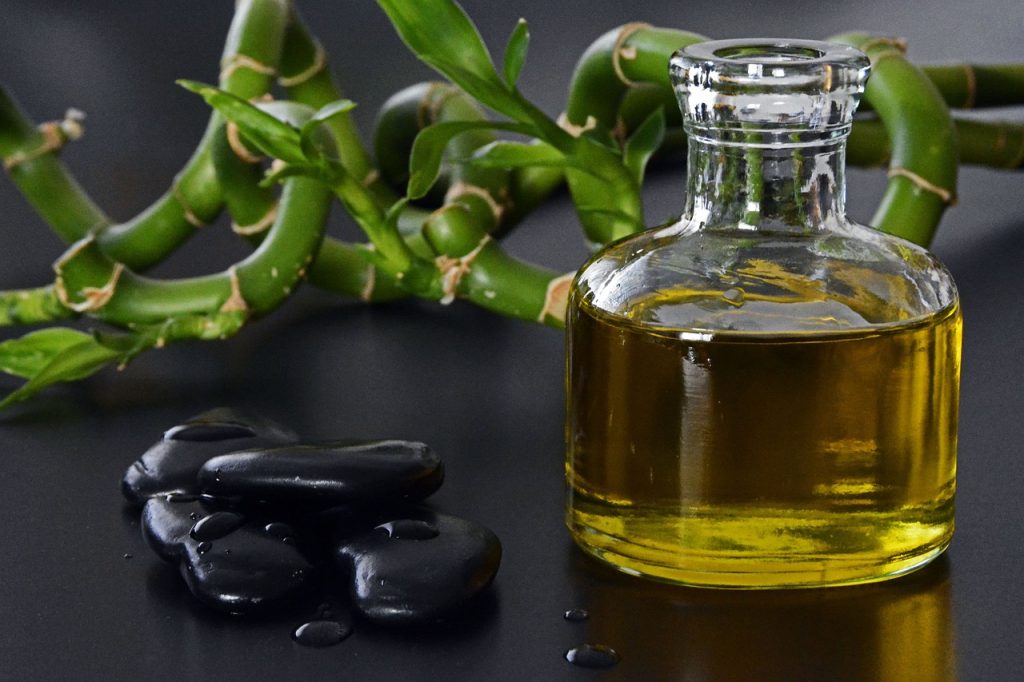Table of Contents
ToggleIntroduction:
Cooking oils are an essential part of every kitchen, and there are several options to choose from, each with its unique flavor, health benefits, and environmental impact. In this article, we’ll be comparing two of the most popular cooking oils, Avocado oil and Olive oil, to help you determine which one is best for you.
What is Avocado Oil?
Avocado oil is derived from the flesh of the avocado fruit, and it has a light, mild flavor that can complement many dishes. It’s high smoke point of 500°F makes it suitable for high-heat cooking methods such as frying and sautéing. Avocado oil is also rich in monounsaturated fatty acids, antioxidants, and vitamins, making it a popular choice among health-conscious consumers.
What is Olive Oil?
Olive oil is made from pressed olives and has been a staple in the Mediterranean diet for centuries. It has a distinct, robust flavor that can be overpowering in some dishes, but it adds a delicious depth to others. Olive oil is also rich in monounsaturated fatty acids, antioxidants, and other nutrients, making it a heart-healthy option for cooking.
Health Benefits:
Both avocado oil and olive oil are rich in monounsaturated fatty acids, which have been shown to help reduce the risk of heart disease. However, there are some differences in their composition that could make one a better choice for certain health needs.
Avocado Oil:
- Rich in heart-healthy monounsaturated fats
- Contains high levels of antioxidants, including Vitamin E and carotenoids
- May help improve cholesterol levels and reduce inflammation
- Contains beneficial plant compounds, including lutein and zeaxanthin, which are important for eye health.
Olive Oil:
- Contains high levels of monounsaturated fatty acids, including oleic acid
- Rich in antioxidants, including polyphenols, which can help reduce inflammation
- May help improve blood sugar control and insulin sensitivity
- Contains anti-inflammatory compounds, such as oleocanthal, that can help protect against certain diseases.

Environmental Impact:
Both avocado and olive oil are relatively sustainable crops, but there are some differences in their production methods and impact on the environment.
Avocado Oil:
- Avocado farming can be water-intensive and contribute to deforestation in some areas
- Avocado farming can also lead to soil erosion and degradation in areas where proper farming practices are not followed
- Avocado oil production generates a significant amount of waste, as the seeds and skin are discarded after the oil is extracted.
Olive Oil:
- Olive farming is a low-impact crop, as olives are typically grown on small, family-run farms
- Olive trees can live for several centuries, which helps reduce the impact of farming on the environment
- Olive oil production is typically more sustainable than other cooking oils, as it uses a cold-pressing method that generates little waste.
Conclusion:
Both avocado oil and olive oil offer unique health benefits and are relatively sustainable options. Avocado oil is a great choice for high-heat cooking, while olive oil is best for dishes that benefit from its distinct flavor. Ultimately, the best oil for you will depend on your individual health needs, cooking style, and environmental values. Regardless of which you choose, incorporating either avocado oil or olive oil into your diet can help support overall health and wellness.







